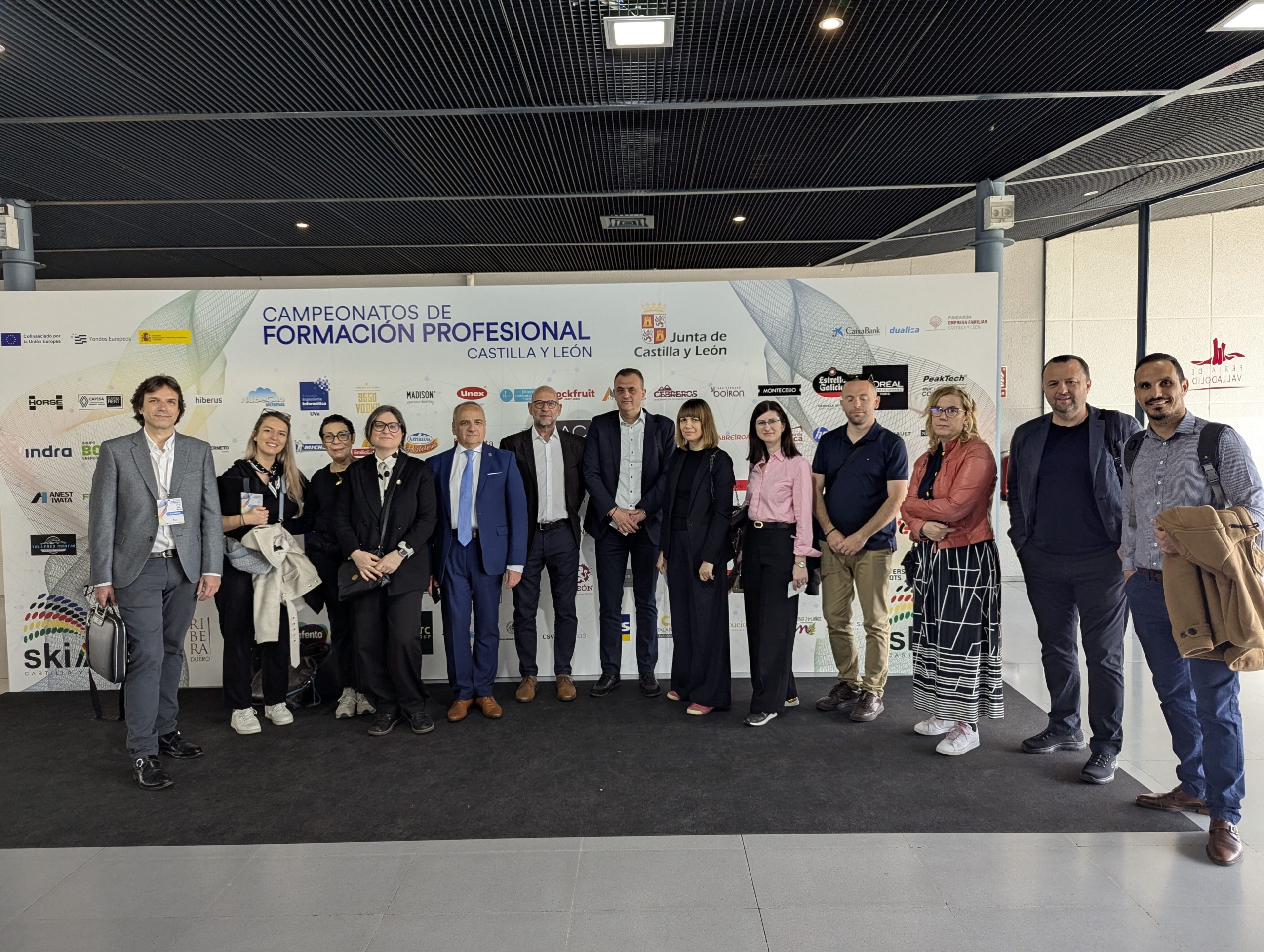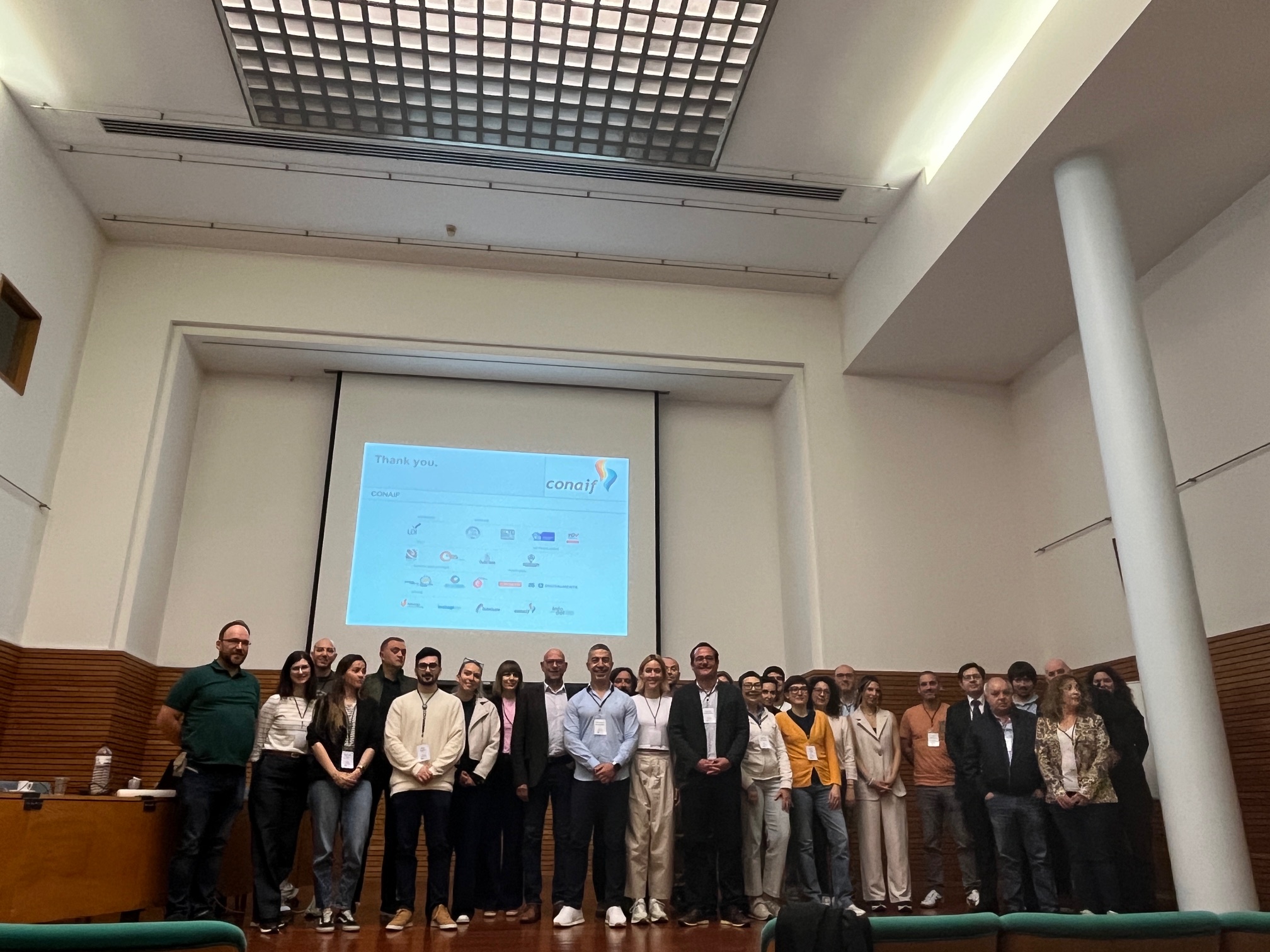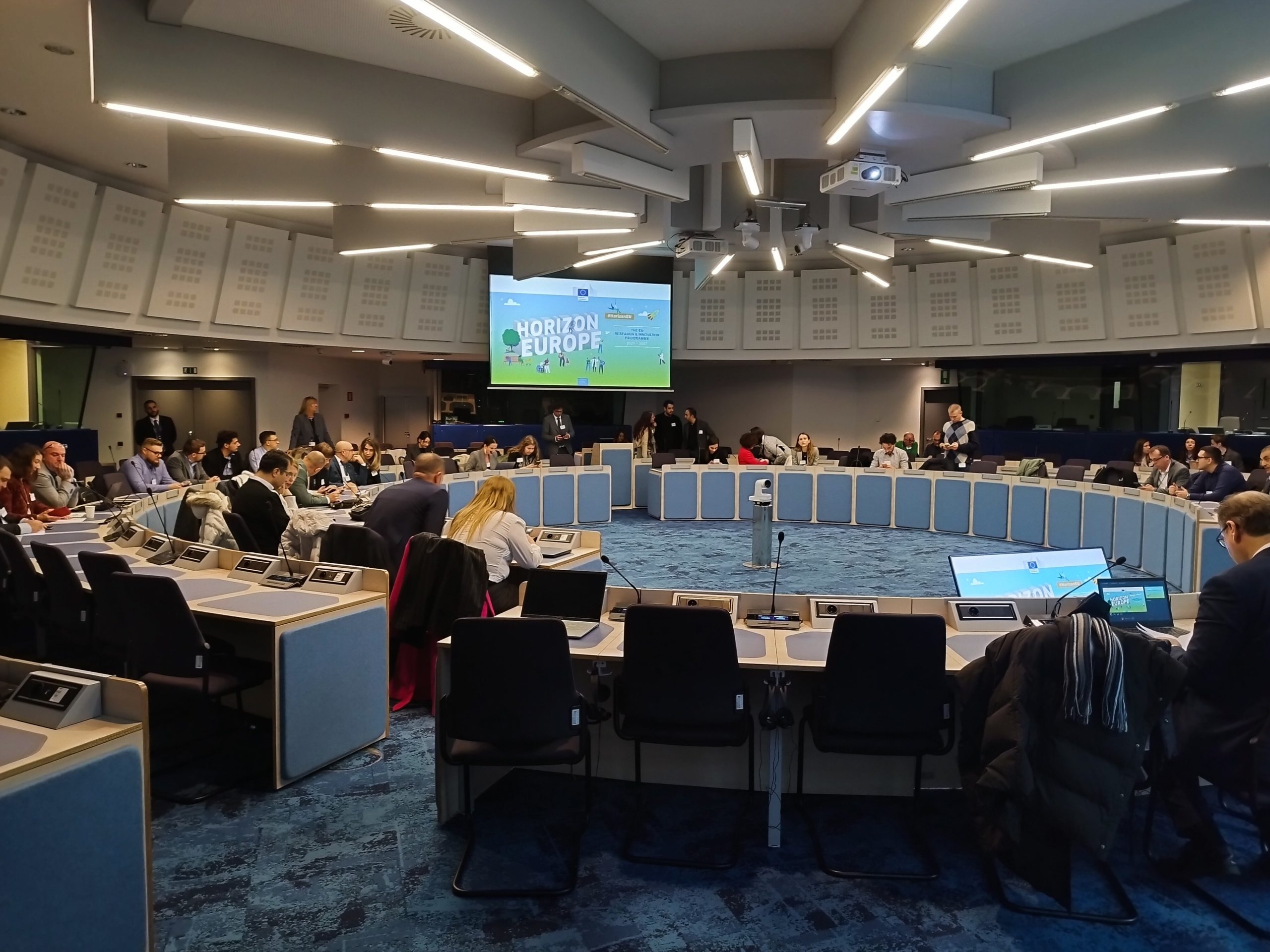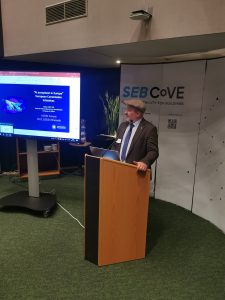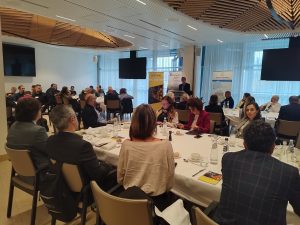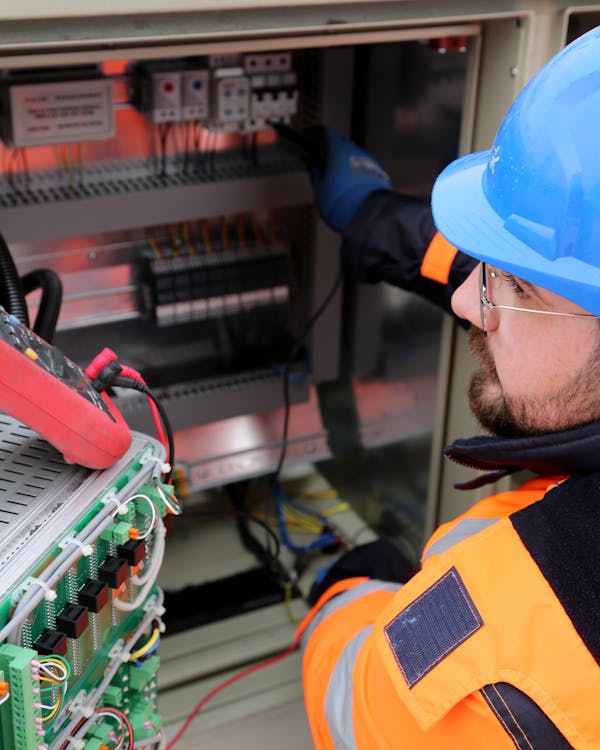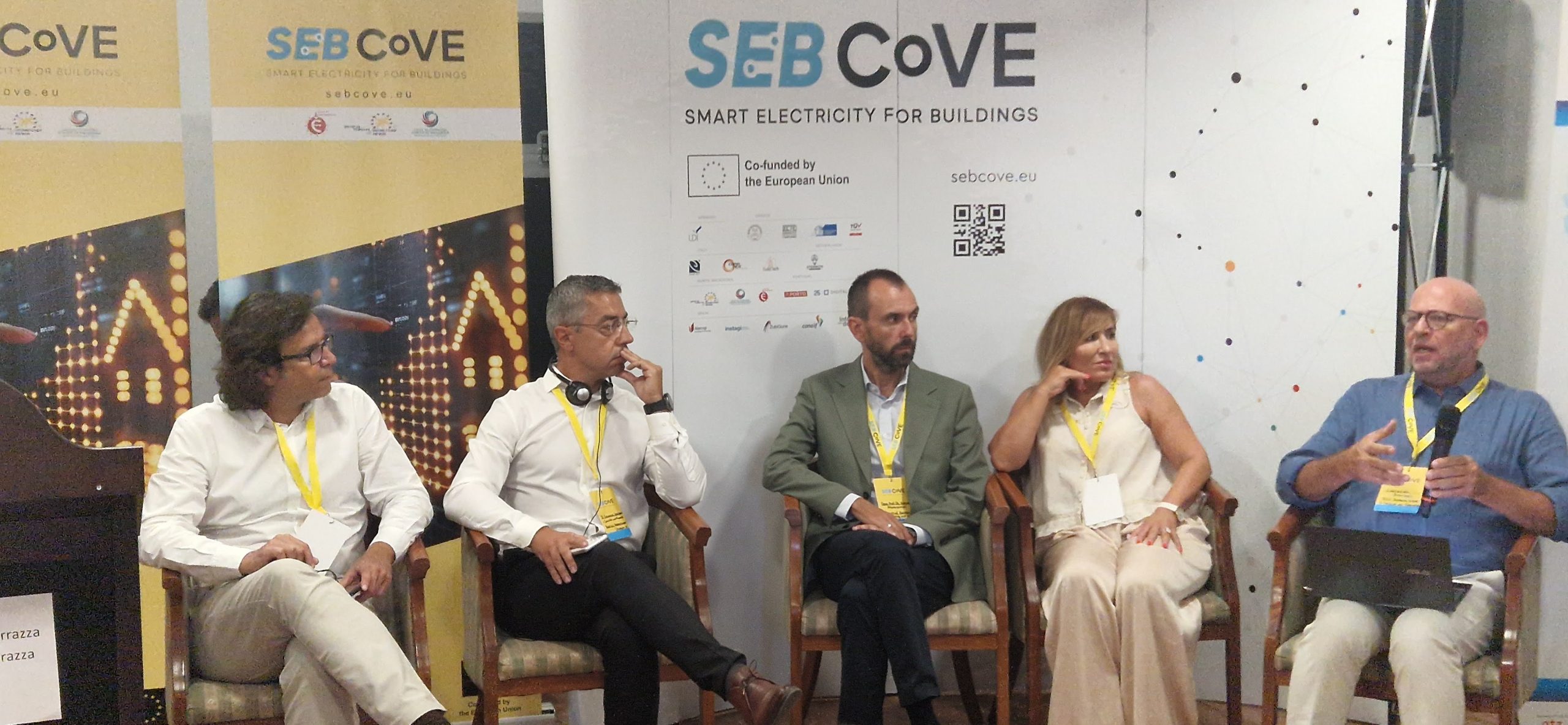Repres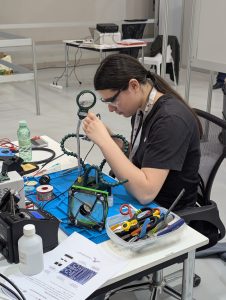 entatives of the SEBCoVE project (sebcove.eu) were invited by the regional education authority of Castilla y León (educa.jcyl.es) to participate in the Castilla y León Skills 2025 Forum, held in Valladolid, Spain, during the second week of April 2025. This prestigious forum celebrates excellence in Vocational Education and Training (VET), featuring student competitions across a wide range of professions.
entatives of the SEBCoVE project (sebcove.eu) were invited by the regional education authority of Castilla y León (educa.jcyl.es) to participate in the Castilla y León Skills 2025 Forum, held in Valladolid, Spain, during the second week of April 2025. This prestigious forum celebrates excellence in Vocational Education and Training (VET), featuring student competitions across a wide range of professions.
The SEBCoVE delegation showed particular interest in the competitions related to Electricity and Electronics, losely tied to the project’s focus on Smart Electricity for Buildings (SEB). SEBCoVE was showcased as an innovative approach to excellence in vocational education, emphasizing cross-sectoral cooperation, digital and green skills, and quality assurance.
During the event, the SEBCoVE team:
-
Presented the project’s vision and methodology as an example of a European Centre of Vocational Excellence (CoVE).
-
Engaged with local educational authorities to discuss the alignment of regional VET strategies with European quality and innovation standards.

Exchanged best practices on curriculum innovation, industry collaboration, and competence-based training.
MOBUILDING Project Synergy
In parallel, SEBCoVE representatives took part in the kick-off meeting of the Erasmus+ policy experimentation project MOBUILDING, which focuses on enhancing mobility opportunities for apprentices in the building sector. The project aims to address key structural, legal, and operational barriers to cross-border mobility by:
-
Developing a European Platform for Apprenticeship Mobility,
-
Strengthening outreach to employers and learners,
-
Improving the quality of learning mobility in the construction and SEB sectors.
SEBCoVE partners actively contributed to the policy dialogue, drawing connections between MOBUILDING’s mobility vision and SEBCoVE’s practices in promoting work-based learning, excellence frameworks, and innovation in training.
Synergies with the ELEVATE Project
Finally, the SEBCoVE team had the opportunity to explore potential synergies with the ELEVATE project (“Empowering Women in Net-Zero Technologies for the Smart Electricity for Buildings Sector”)—a forward-looking Erasmus+ policy experimentation initiative aiming to close the gender gap in the green tech sector.
ELEVATE focuses on:
-
Promoting female participation in VET for green and digital jobs,
-
Implementing mentorship programs,
-
Designing inclusive training curricula for net-zero technologies,
-
Launching awareness and advocacy campaigns to challenge gender stereotypes.
The shared interest in the Smart Electricity for Buildings sector, along with overlapping goals around excellence, gender inclusion, and green skills, provided a fertile ground for future collaboration between SEBCoVE and ELEVATE—especially in areas of curriculum development, mobility for women in VET, and stakeholder engagement.
